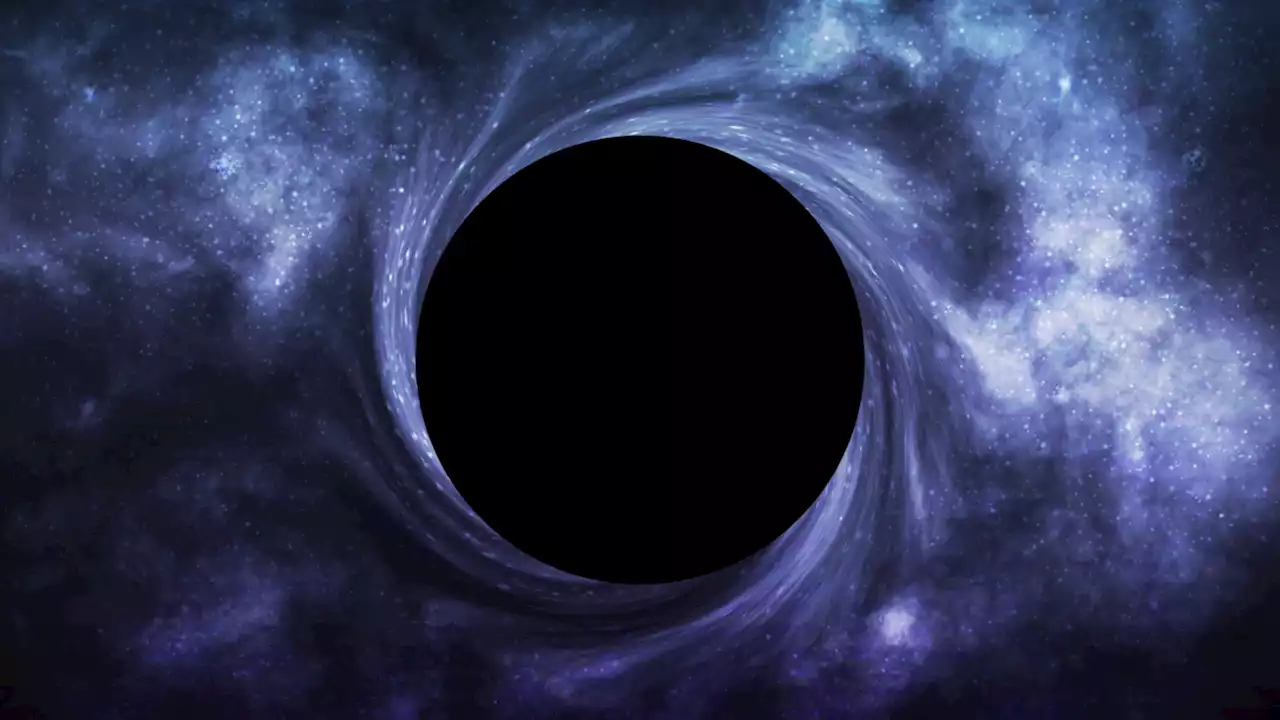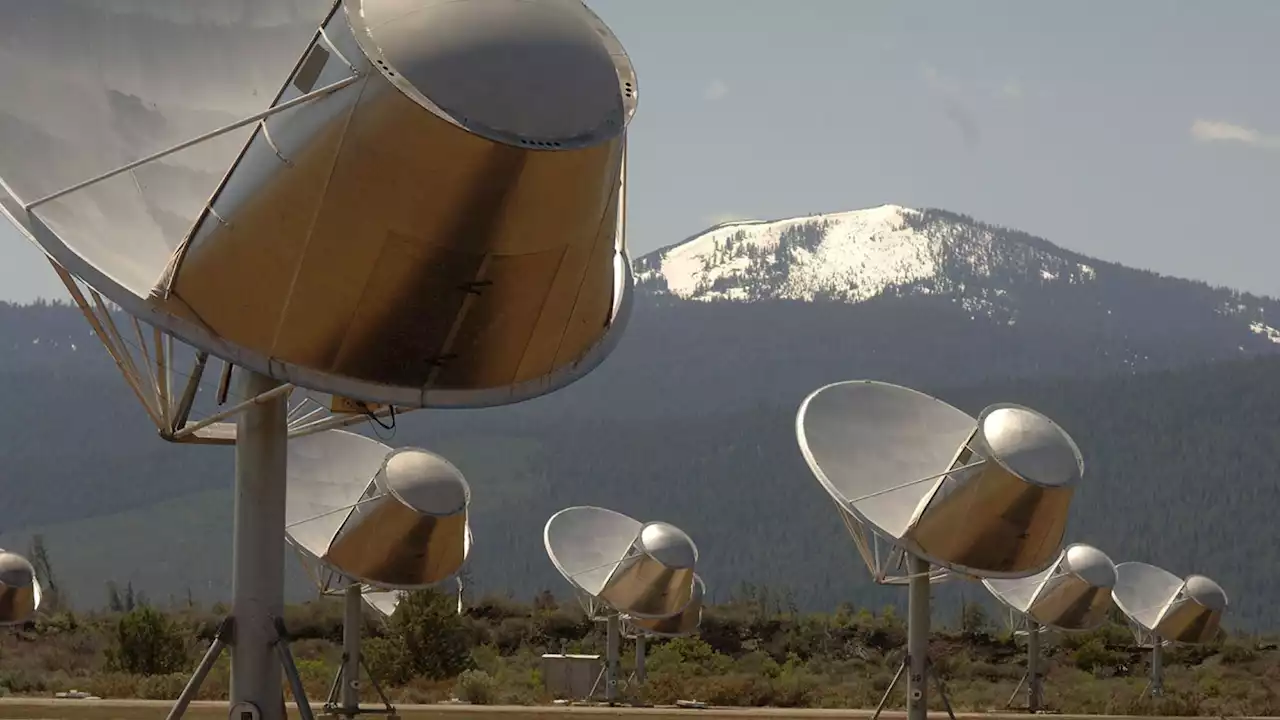300+ volunteer scientists collected 7,246 ticks across Maine, transforming our understanding of tick habitats. Their work could reshape forest management and fight against Lyme disease. 💪🌲 CitizenScience TickPrevention LymeDiseaseAwareness
are diagnosed with or treated for Lyme disease. The blacklegged ticks that have spread across Maine since the 1980s also transmit pathogens that cause diseases like anaplasmosis and babesiosis.
The survey approach pioneered by Allison Gardner, a UMaine medical entomologist and associate professor, and colleagues used active survey techniques, a first among tick community science projects. Previous large-scale tick monitoring relied on passive surveillance. Just as ticks lie in wait for an animal to brush past, researchers waited for unlucky humans to discover and report their encounters. This approach, however, introduces reporting bias that makes data difficult to interpret and ultimately conceals ticks’ habits. The precision of the active survey approach gives communities, policymakers and healthcare providers better data to help people avoid ticks and the diseases they spread.
United States Latest News, United States Headlines
Similar News:You can also read news stories similar to this one that we have collected from other news sources.
 Akron-Canton Regional Foodbank seeking volunteer drivers for home delivery programWhen the pandemic started, the Akron-Canton Regional Foodbank partnered with DoorDash to deliver groceries to residents. With that support reduced, the food bank is now seeking volunteer drivers.
Akron-Canton Regional Foodbank seeking volunteer drivers for home delivery programWhen the pandemic started, the Akron-Canton Regional Foodbank partnered with DoorDash to deliver groceries to residents. With that support reduced, the food bank is now seeking volunteer drivers.
Read more »
 Kristin Hannah's next book 'The Women' focuses on volunteer nurses during the Vietnam WarThe “Nightingale” author spoke to TODAY.com and shared her personal connection to the Vietnam War era.
Kristin Hannah's next book 'The Women' focuses on volunteer nurses during the Vietnam WarThe “Nightingale” author spoke to TODAY.com and shared her personal connection to the Vietnam War era.
Read more »
 Scientists simulate environment of enigmatic black holes in a hi-tech labThe black hole conditions are being stimulated with the help of a tiny vortex produced inside a bell jar of superfluid helium.
Scientists simulate environment of enigmatic black holes in a hi-tech labThe black hole conditions are being stimulated with the help of a tiny vortex produced inside a bell jar of superfluid helium.
Read more »
 How scientists decide if they've actually found signals of alien lifeYou'll need to rule out human noise or other Earth-bound sources, which is to say eliminating the ‘confounders.' A control sample helps, too.
How scientists decide if they've actually found signals of alien lifeYou'll need to rule out human noise or other Earth-bound sources, which is to say eliminating the ‘confounders.' A control sample helps, too.
Read more »
 UK scientists awarded $4.5 million to attach lasers to CubeSatsLasers could transmit 1,000 times more data than conventional satellite radio communication systems used in orbit today.
UK scientists awarded $4.5 million to attach lasers to CubeSatsLasers could transmit 1,000 times more data than conventional satellite radio communication systems used in orbit today.
Read more »
 Scientists Are Just Beginning to Understand COVID-19's Effect On the BrainResearch shows that SARS-CoV-2 seemed to have a strong effect on the brain, causing everything from loss of taste and smell and brain fog to, in serious cases, stroke. Scientists are just beginning to understand COVID-19's effect on the brain:
Scientists Are Just Beginning to Understand COVID-19's Effect On the BrainResearch shows that SARS-CoV-2 seemed to have a strong effect on the brain, causing everything from loss of taste and smell and brain fog to, in serious cases, stroke. Scientists are just beginning to understand COVID-19's effect on the brain:
Read more »
